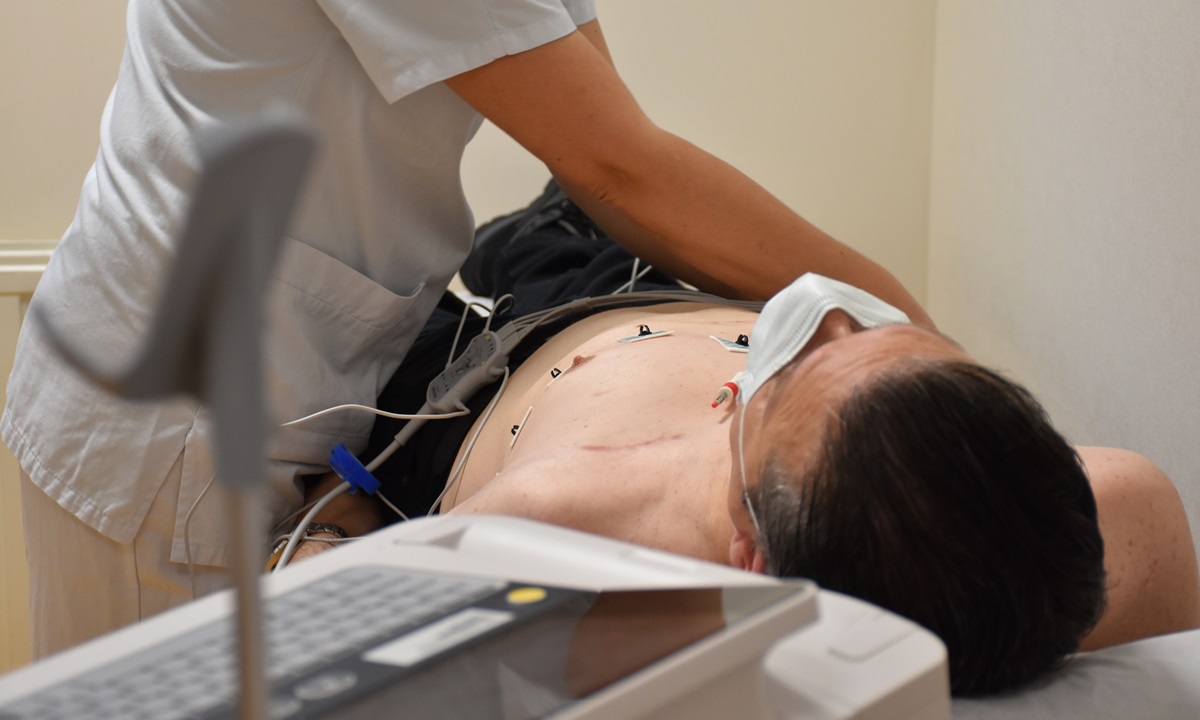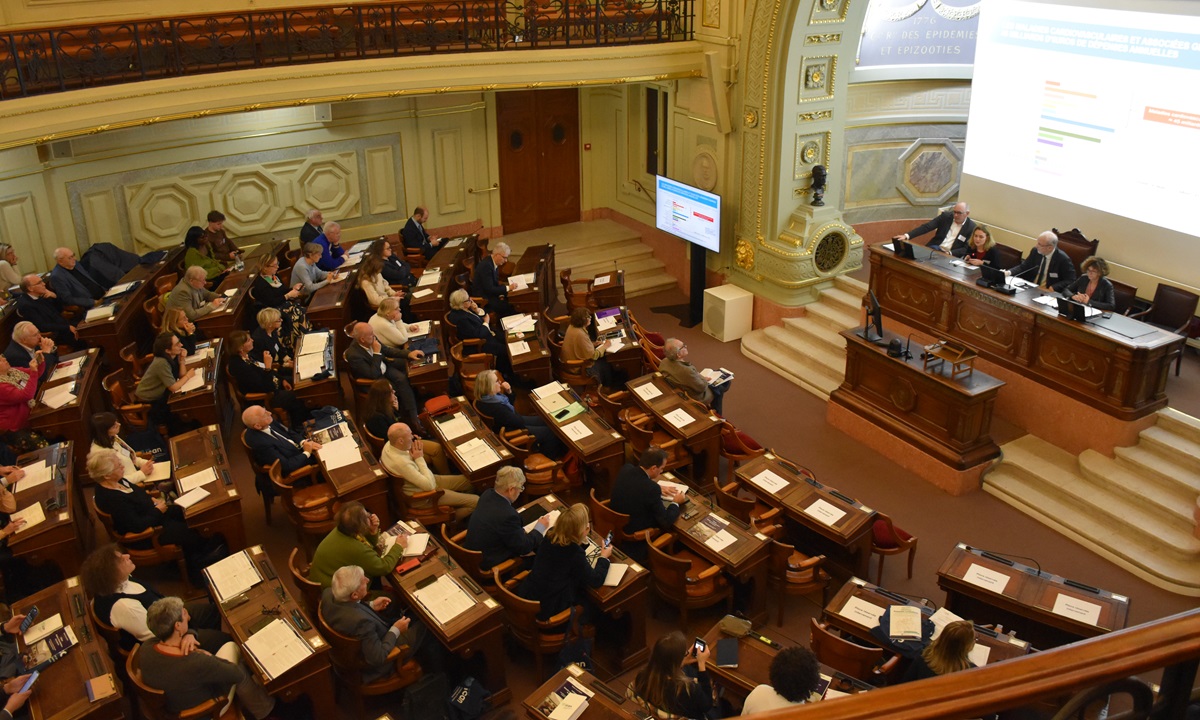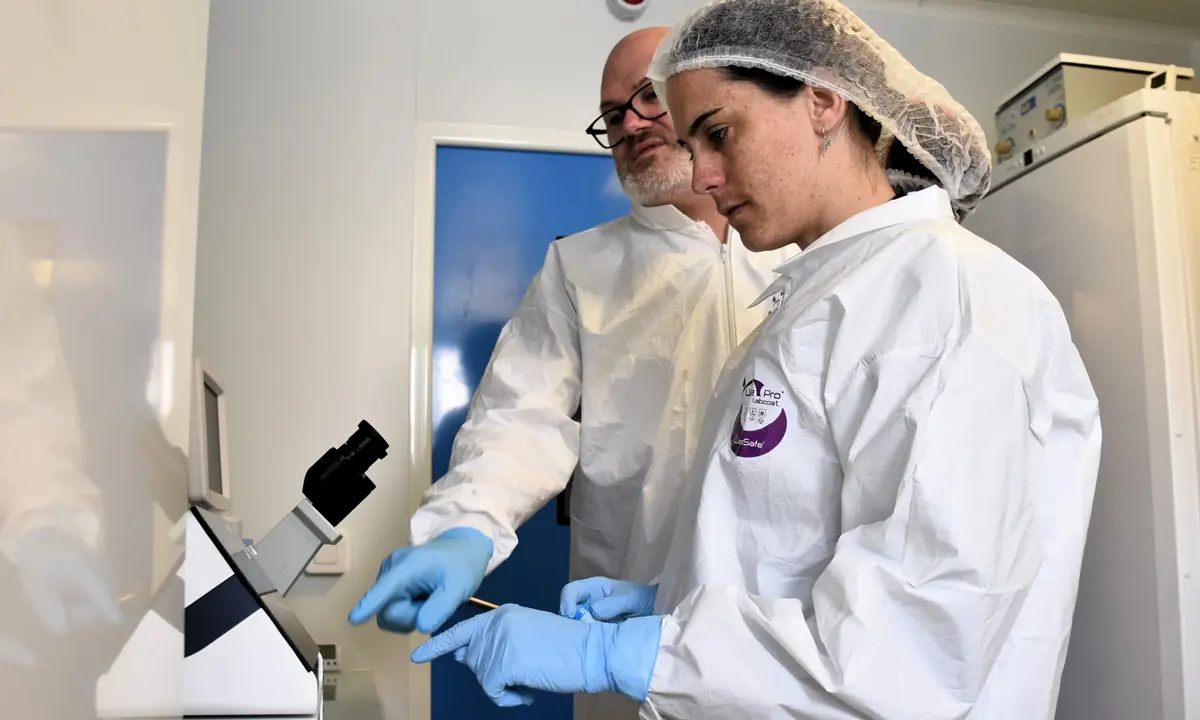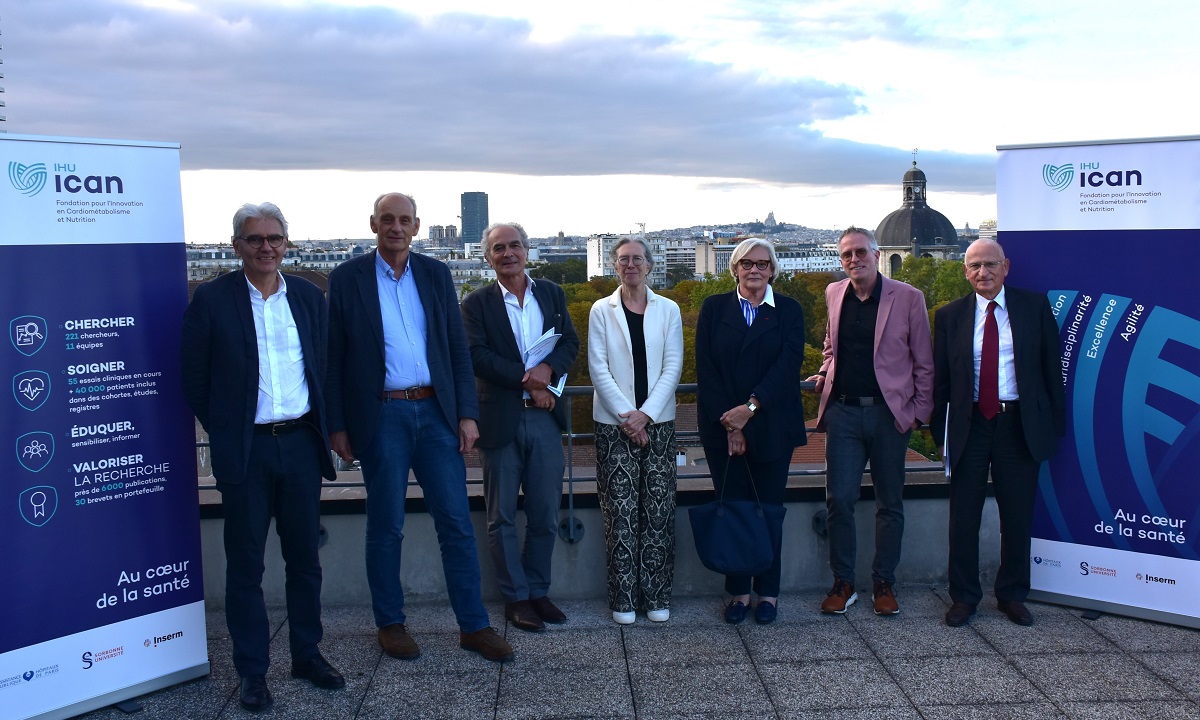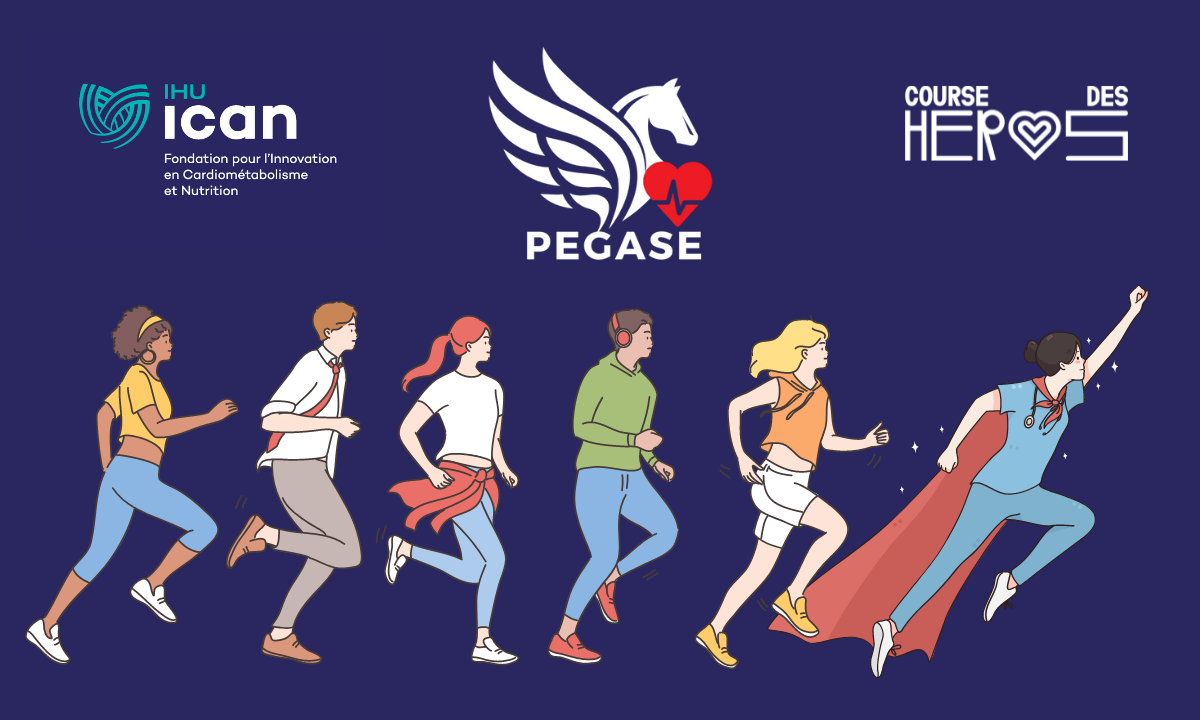Event
-
IHU ICAN’s flagship actions in 2024 to combat cardiometabolic diseases
-
Exceptional symposium on “Cardio-metabolic diseases, all concerned” at the Académie nationale de médecine on November 28, 2024
-
IHU ICAN launches its barometer on cardiometabolic diseases with IFOP
-
Meeting of the IHU ICAN International Scientific Council: what are the major scientific orientations?
-
Races for Heroes 2023: participate in an innovative project and save lives with the PEGASE project!
